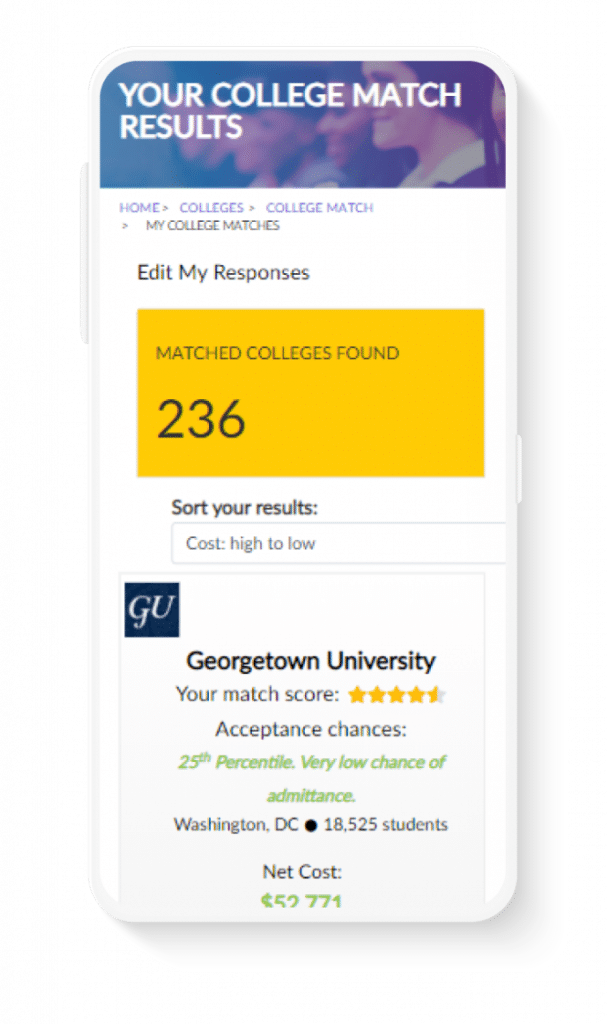Sponsored Meaning Explained
EducationDynamics receives compensation for the
featured schools on our websites (see “Sponsored
Ad” or “Sponsored Listings” or “Sponsored
Results”). So what does this mean for you?
Compensation may impact where the Sponsored
Schools appear on our websites, including whether
they appear as a match through our education
matching services tool, the order in which they
appear in a listing, and/or their ranking. Our
websites do not provide, nor are they intended to
provide, a comprehensive list of all schools (a) in the
United States (b) located in a specific geographic
area or (c) that offer a particular program of study.
By providing information or agreeing to be
contacted by a Sponsored School, you are in no way
obligated to apply to or enroll with the school.
Your trust is our priority. We at EducationDynamics
believe you should make decisions about your
education with confidence. that’s why
EducationDynamicsis also proud to offer free
information on its websites, which has been used by
millions of prospective students to explore their
education goals and interests.
close


